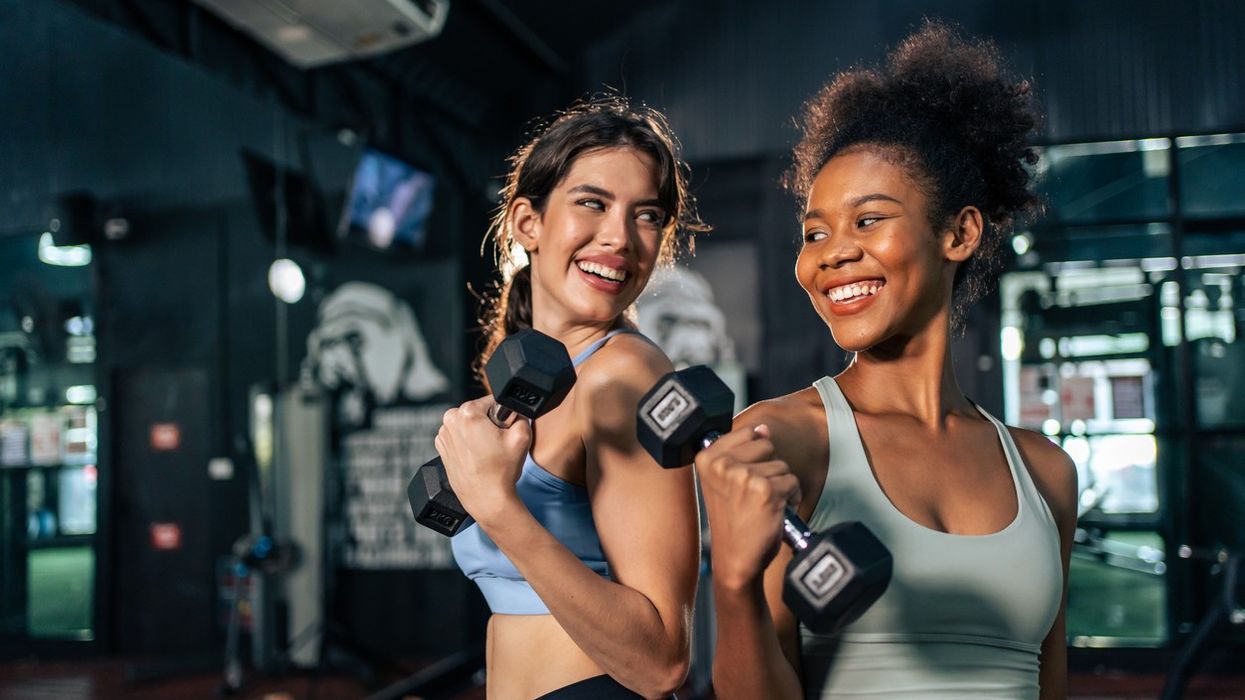Walking into the gym for the first time can feel a little like stepping onto a film set - unfamiliar faces, a sea of machines and the constant clanking of weights in the background. But the gym isn’t just a place to sweat. It can also be the perfect setting to find your fitness family - a community where encouragement, banter and shared goals can make the journey not only bearable, but brilliant.
Start simple: smile. It costs nothing, it won’t harm anyone, and it can be the fastest way to break the ice with the person you always see at the squat rack or in your spin class. Sometimes, that one smile is all it takes to turn strangers into allies. If you’re doing a class, don’t just sneak in and sneak out. Speak to the instructor - let them know your goals, your strengths, or even your worries. Instructors aren’t only great for advice, they’re also natural connectors, often introducing you to people on similar journeys. Before long, you’ll have a friendly face or two to look forward to at every session.
And then, there’s the golden rule: gym etiquette. It might sound basic, but it’s the foundation of building any kind of rapport. Asking politely before using equipment, wiping down after yourself, and remembering to say “please” and “thank you” go a long way. Respect and mindfulness are the ultimate gym accessories - they never go out of style.
Ever spotted someone doing an exercise you’ve been meaning to try? Don’t just watch - ask. Most people are flattered when someone notices their form and wants a tip. Keep it light, friendly and genuine. At the same time, set your own boundaries. It’s good to be approachable, but equally important to know when to crack on with your own workout without distractions.
The connections don’t have to end when you leave the gym either. Why not grab a smoothie together, plan a weekend hike or sign up for a local charity run? Shared sweat may build strong bonds, but shared laughs outside of training seal the deal.
The best thing about finding your fitness family is that you’re never on the journey alone. On the days when your energy dips, they’ll lift you. On the days you hit new personal bests, they’ll cheer the loudest. Fitness is life. Family is also for life. Combine the two, and you’ve got a partnership that’s as rewarding as it is enduring.
So, the next time you walk into the gym, remember - you’re not just building muscles. You’re building connections, collecting stories, and maybe even discovering friends who feel like family. And that’s the kind of strength that lasts a lifetime.
Instagram & TikTok: @Bombae.mix




